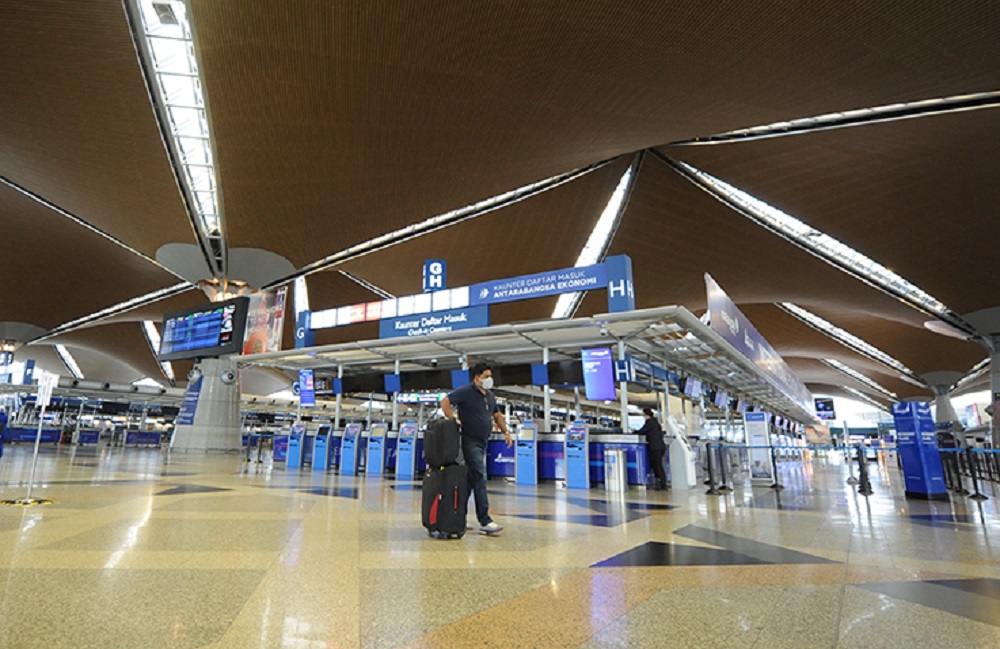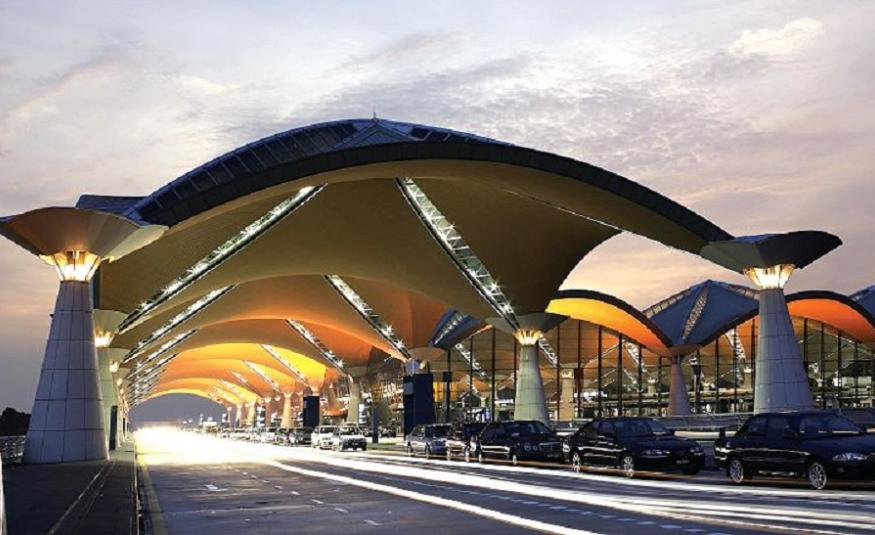KUALA LUMPUR 12 Oct. – Kuala Lumpur International Airport (KLIA) (IATA Code: KUL) is ranked as top 10 airports in the world in the latest global airport survey, Airport Service Quality (ASQ) which benchmarks the world’s best airports.
ASQ is a programme carried out by the Airports Council International (ACI) that sets service standards, protocols, and operational guidelines for airports worldwide.
Despite challenging times, we have risen to the 9th ranking for 1H 2020 from 17th in 2019 among airports of similar capacity.
KUL achieved an improved overall score of 4.94 out of 5.00 from 4.69 previously.
Among the highlights of our performance include scoring a perfect 5.00 for the overall satisfaction by both business and leisure passengers, 4.99 for cleanliness of airport terminal and 4.97 for the availability of washrooms.
According to Malaysia Airports group Chief Executive Officer (CEO), Datuk Mohd. Shukrie Mohd. Salleh, the tremendous improvements in both ranking and score were made possible through the steadfast commitment and continuous efforts made by the KUL team to elevate service level for a safe and joyful airport experience.

“I am extremely proud of the team for KUL’s stellar ASQ performance to date this year. Despite challenges arising from new normal requirements in airport operations, the whole airport community displayed a strong spirit of
collaboration and came together as one to elevate KUL's service performance in the eyes of
the world.
“As part of the company’s high-performance culture, we have also formed an operational excellence (OE) division to specifically look at the pain-points of the passenger journey in the new normal and improve on them swiftly. The OE team focuses on customer-centric design thinking and agile-driven operational innovations to facilitate improvements.
"In this day and age, it is very important for everyone to be empathetic and adaptive apart from having the right technical skills to drive positive developments for an organisation. Therefore, through the OE division, passengers can be assured that their new air travel journey will remain hassle-free and safe. This will contribute greatly to restoring confidence in air travel," he said in a statement today.
The OE team at KUL is currently looking at both quick-wins and long-term solutions in the passenger flow to avoid bottlenecks at various terminal checkpoints.
Due to new procedures and SOPs, processing time at various checkpoints especially during peak periods have increased.
On top of that, the team is also tasked to instil passenger confidence throughout the terminal by ensuring the highest standards of hygiene are being practiced for the continued safety of the passengers.
So far, the team has identified more than 60 improvement ideas at KUL with 50 of them immediately implemented as quick-win solutions.
These improvement ideas were identified by conducting ‘empathy walks’ i.e. shadowing actual passengers during their journey through the airport.
Ideas and solutions do not necessarily have to be complex as the objective is to provide ease and convenience to airport guests. Examples include putting up the ‘MYsejahtera’ QR codes at more locations and devising the ideal locations for physical distancing markers to ensure added safety.
As for long-term improvement ideas, we are currently exploring the latest technology such as contactless self-check in kiosks and 3D IoT for real-time information on crowd density situational awareness alert.
Apart from that, the team is also looking at redesigning and relocating checkpoints such as check-in counters and the MOH screening areas to provide a friendlier, safer, and more seamless passenger flow.
Datuk Shukrie further added that Malaysia Airports has actually started executing rapid improvements through its #1improvement1week campaign since February 2018 at its airports nationwide.
“Being the flagship airport and the country’s premier gateway into the nation, most were centered in KUL and this year, we managed to carry out 30 improvements at KUL to date. One of our strategic priorities has always been about enhancing airport experience.
"This year, we are focusing mostly on safety initiatives as part of our efforts to re-instil passenger confidence in air travel. These series of quick-wins have also contributed to the increased satisfaction of passengers and I am happy to see that the preliminary ASQ results for KUL for Q3 show that the overall satisfaction score has increased to 4.96," he said.
To recognise the airport community for KUL’s recent achievement in ASQ as well as in keeping KUL safe for all airport guests, Malaysia Airports held an appreciation event that was attended by the Ministry of Health, Immigration Department of Malaysia, Royal Customs of Malaysia, National Disaster Management Agency, Royal Malaysia Police, Malaysia Civil Defence Force, Civil Aviation Authority Malaysia, airline partners, ground handlers and medical assistance providers. - DagangNews.com










